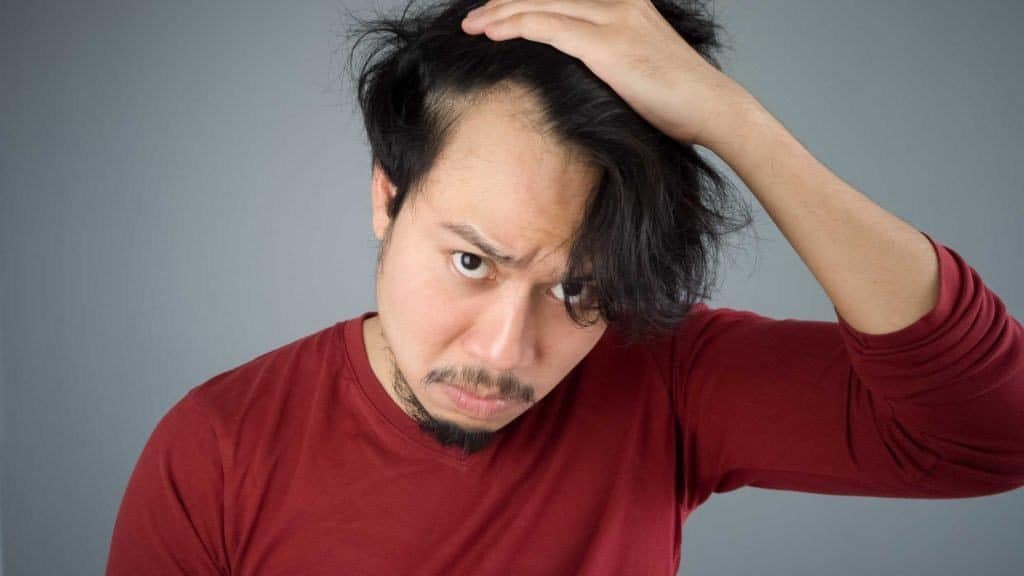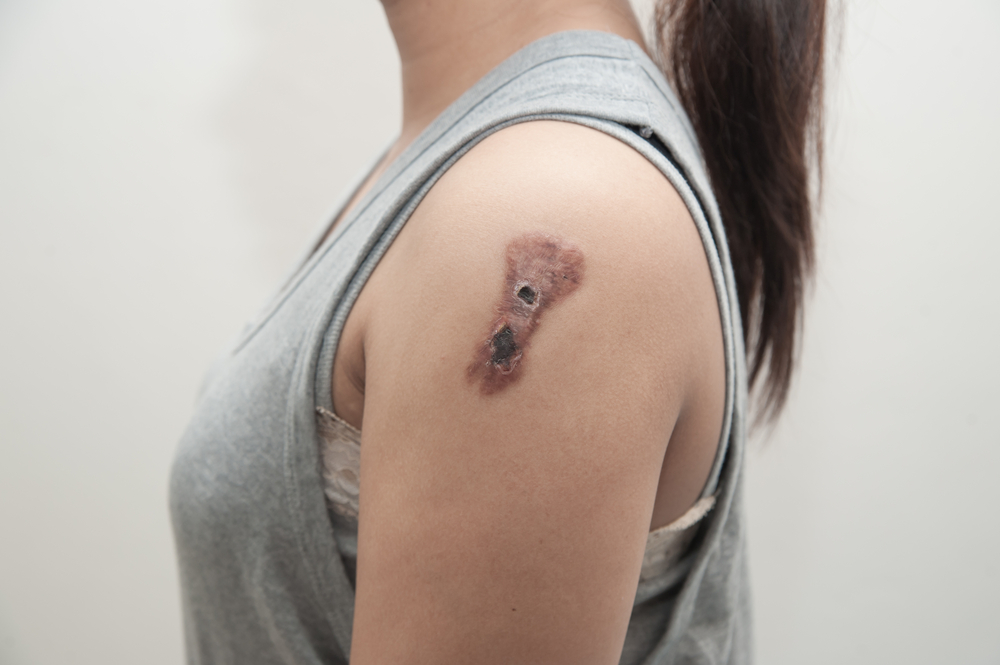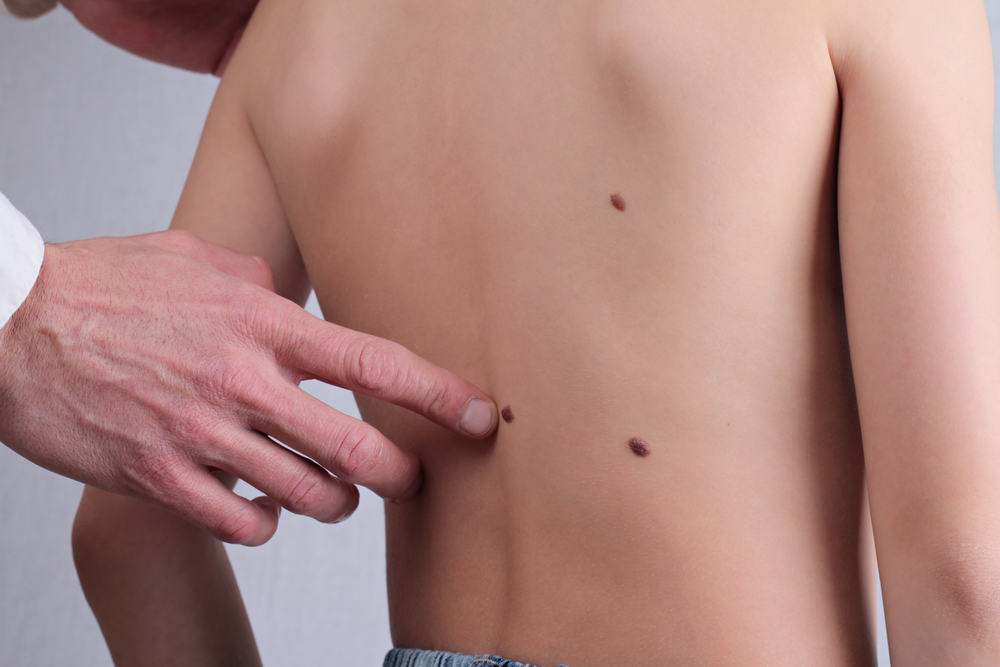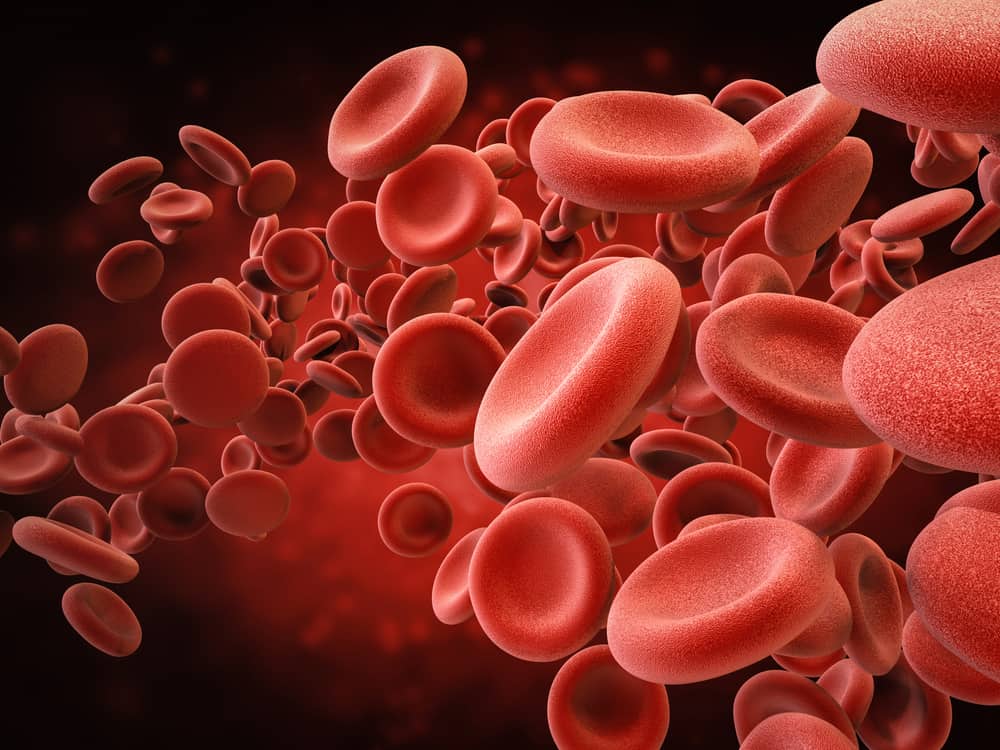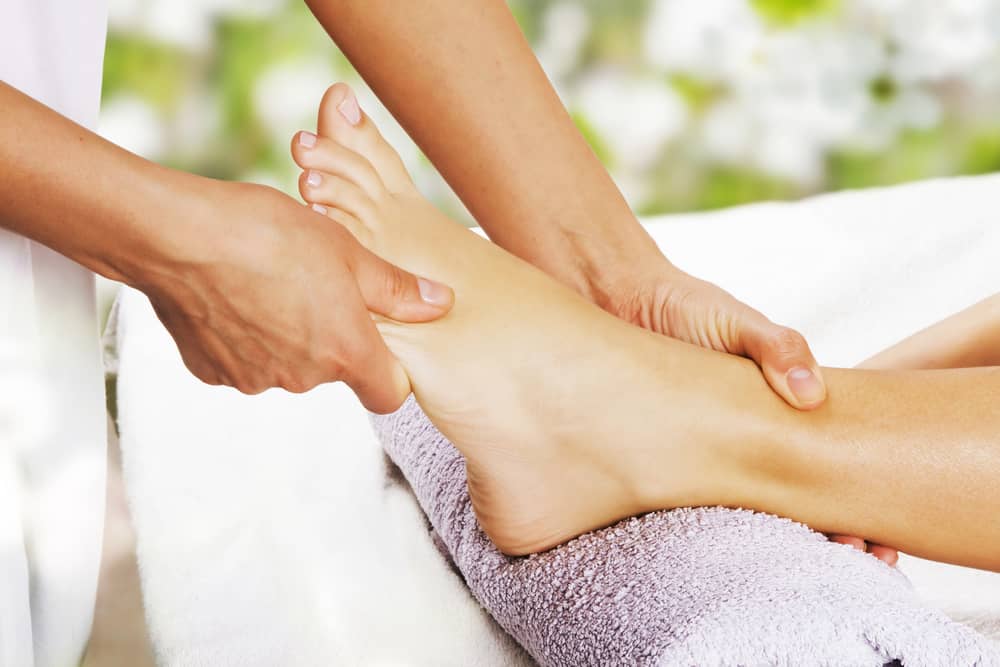Contents:
- Medical Video: PCOS And Hair Loss |Why Does PCOS Cause Hair Loss?Hair Care For PCOS/PCOD |STOP Hairfall During PCOS
- Hair growth cycle and diabetes
- How to deal with hair loss due to complications of diabetes mellitus
- 1. Treatment
- 2. Biotin
- 3. Use a wig
- 4. Exercise routine
Medical Video: PCOS And Hair Loss |Why Does PCOS Cause Hair Loss?Hair Care For PCOS/PCOD |STOP Hairfall During PCOS
High blood sugar levels can cause complications of diabetes mellitus which can damage organs throughout your body, including the eyes, nerves and kidneys. Even this condition can also damage your blood vessels. These blood vessels carry oxygen throughout your body to maintain organs and tissues. Damage to blood vessels may not provide enough oxygen to nourish your hair follicles. Lack of oxygen can affect your normal hair growth cycle.
Hair growth cycle and diabetes
Hair usually grows through three stages. During the active growth phase which lasts for 2 years or more, hair grows 1-2 cm per month. The hair then enters the resting phase, which lasts for around 100 days. After this stage, some resting hair will begin to fall out.
Diabetes can interfere with this process, slowing down your hair growth. Having diabetes can also cause you to lose more hair than usual. Hair that falls out is not only in your head. You can also lose hair on your arms, legs and other parts of your body. When hair grows back, the hair will grow at a slower rate than normal.
People with diabetes are more likely to have a condition called alopecia areata. This condition of alopecia causes the immune system to attack hair follicles and cause hair loss in the head and other parts of the body.
You may also lose hair as a side effect of taking diabetes medication to help control your blood sugar. Some people with diabetes also have thyroid disease which can contribute to hair loss.
How to deal with hair loss due to complications of diabetes mellitus
Talk to your doctor if you experience complications that interfere with diabetes mellitus, including hair loss. Hair loss that occurs in the arms and legs is very important to report because it can be a sign of poor blood flow.
If you have a history of diabetes and experience hair loss, you may need to adjust your diet, lifestyle, or medications to control your blood sugar to make it better. Usually after blood sugar can be controlled, the hair loss that you experience will decrease. Yes, the amount of hair falling tends to be less and your hair will grow back.
Here are some other ways to keep your hair fertile and dense and reduce hair loss due to complications of diabetes mellitus.
1. Treatment
Your doctor may prescribe hair growth remedies such as Minoxidil (Rogaine) that you can rub onto your scalp and other areas where there is hair loss. Men can also use a pill called finasteride (Propecia) to regrow hair. Finasteride has not been approved for women to use. If alopecia causes your hair to fall out, your doctor may prescribe steroid drugs to reduce inflammation.
2. Biotin
Biotin is a vitamin found naturally in foods such as peanuts, almonds, sweet potatoes, eggs, onions, and wheat. People with diabetes may have lower than normal biotin levels. There is some evidence that taking biotin supplements can slow down hair loss.
Consult your doctor first regarding the use of biotin. The recommended intake for adults is 30 mcg / day, but biotin supplements usually contain a much higher amount of biotin. Ask your doctor how much is safe for you.
3. Use a wig
If hair loss covers a large enough area of the scalp, you might want to cover it temporarily with a wig or toupee. The cost of using a wig is fairly cheap, and you can remove your wig when you no longer need it.
4. Exercise routine
Losing hair can be a scary thing for you, but the good news is that you have a choice. To manage your blood sugar, it is also important to do daily exercise. This is a great way to reduce blood sugar and encourage the delivery of oxygen to your body's organs, even your scalp!
Consult with your doctor to learn more about what you can do to deal with your hair loss due to complications from diabetes mellitus.

